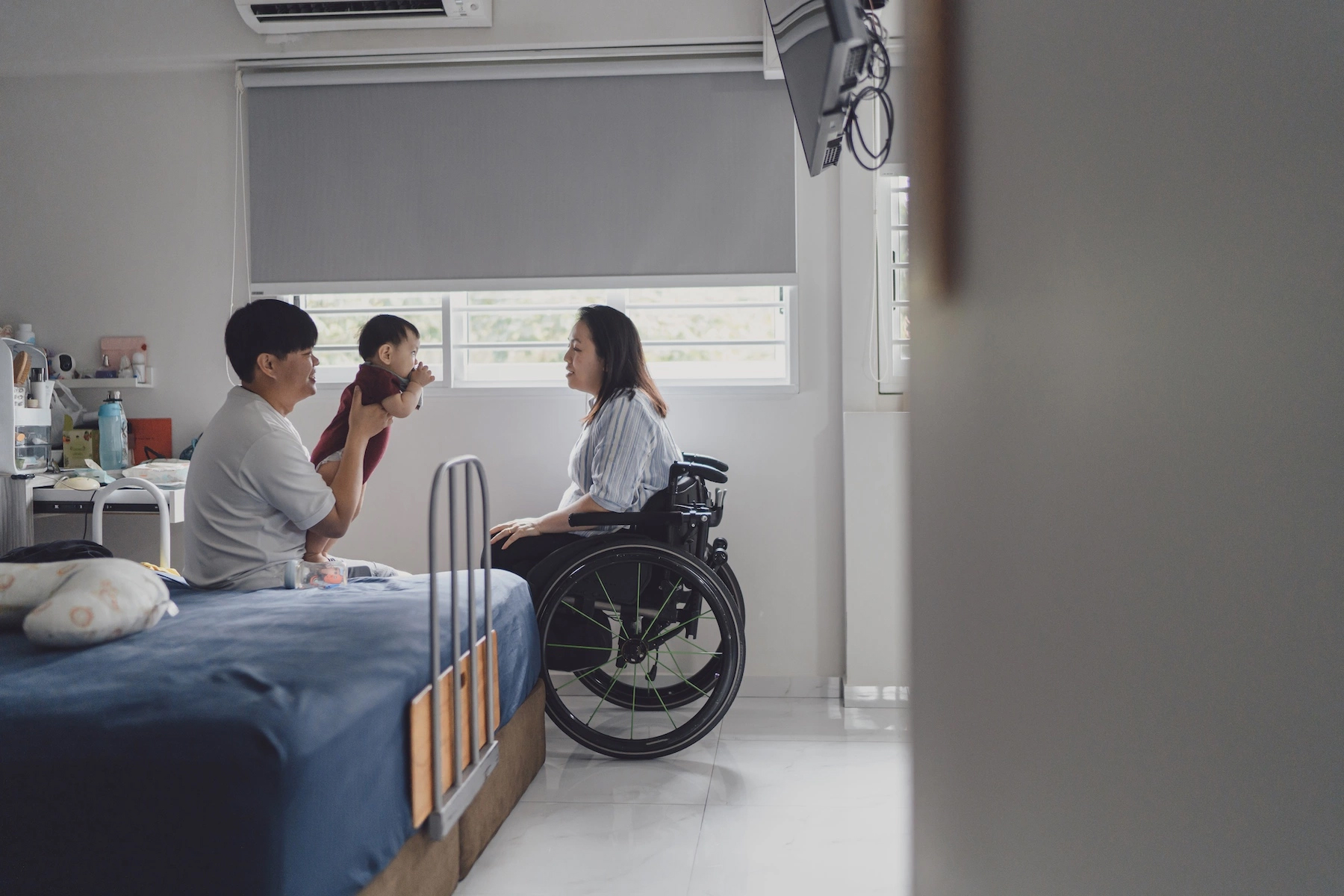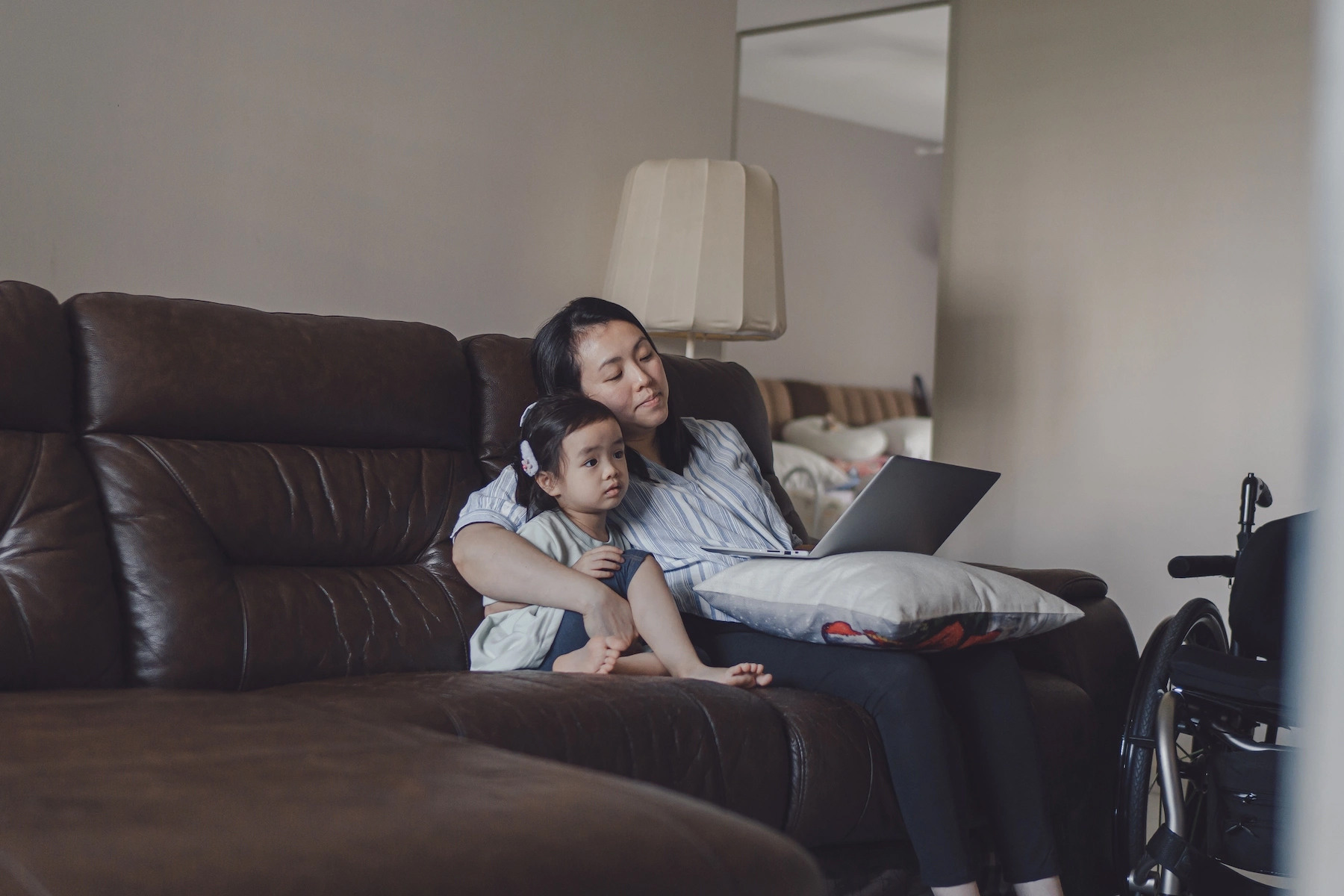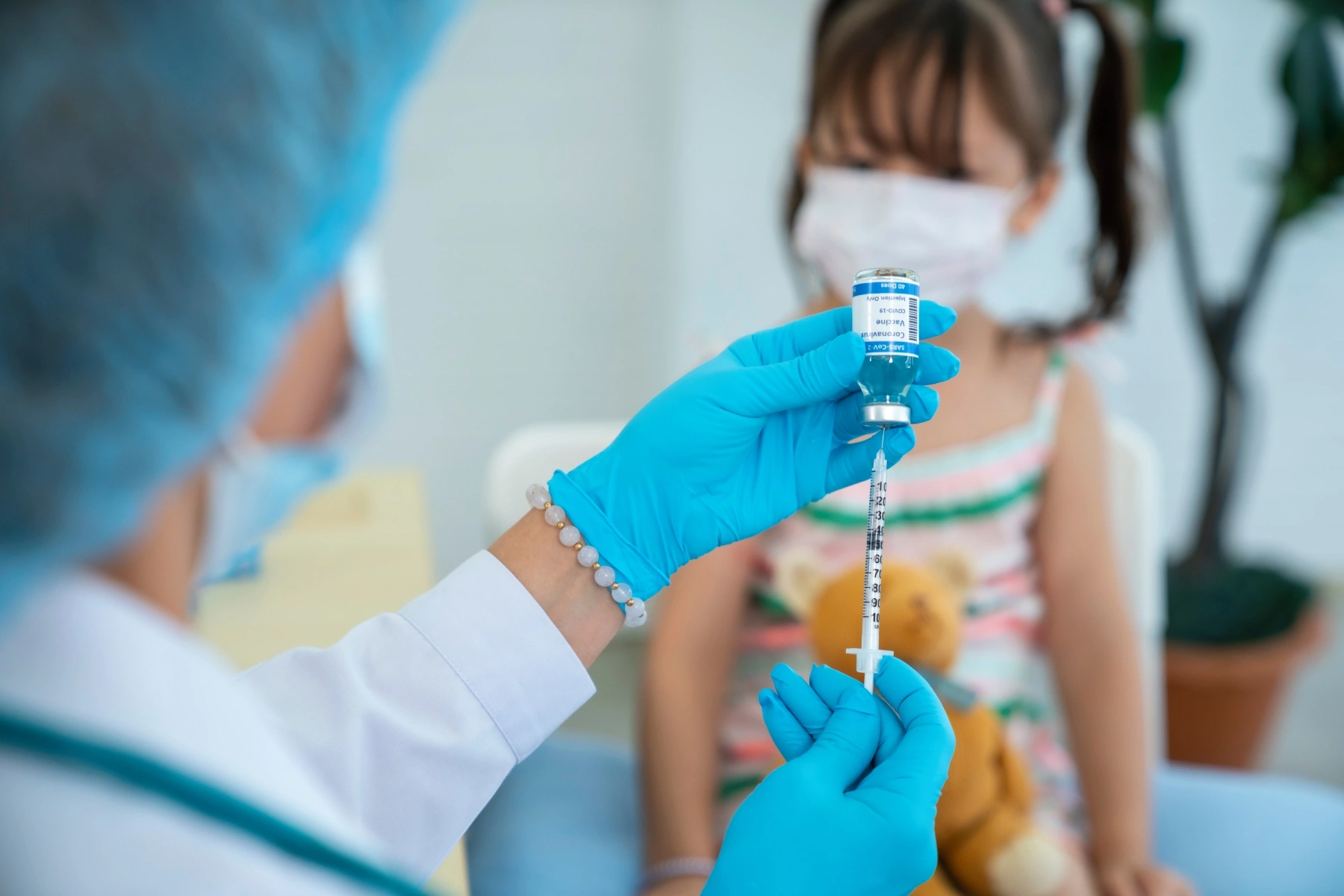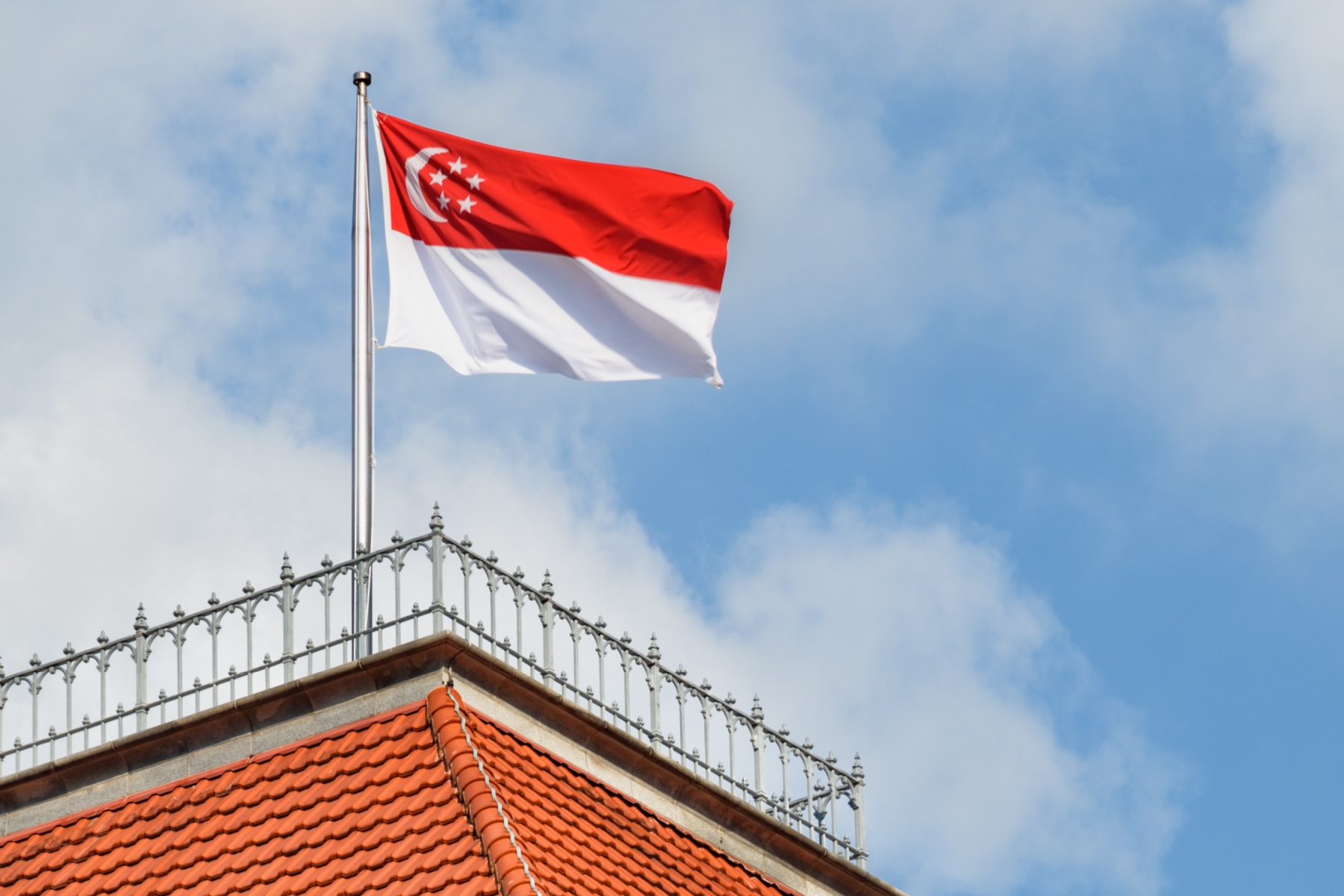There’s nothing quite like the miracle of birth, but having a baby in a foreign country can feel like a daunting experience, especially if you face a language barrier or are unfamiliar with the local healthcare system. Fortunately for expectant mothers in Singapore, however, the Lion City boasts some of the best healthcare in the world, along with English-speaking staff.
To help you navigate everything from maternity services and pre-natal care to parental leave and more, this article covers the following:
- Pregnancy and childbirth in Singapore
- Accessing maternity services
- Insurance for maternity costs in Singapore
- Fertility treatments in Singapore
- Pregnancy testing
- Pre-natal care in Singapore
- Giving birth in Singapore
- Post-natal care in Singapore
- Registering a birth in Singapore
- Adoption in Singapore
- Non-residents, visitors, and tourists giving birth in Singapore
- Parental leave in Singapore
- Child benefits in Singapore
- Useful resources
Allianz Care
Allianz Care is a world leader in providing international health insurance. Their various premiums provide professionally designed solutions for a variety of expat lifestyles. So, wherever your life takes you, make sure you have the right health protection for you and your family with Allianz Care.
Pregnancy and childbirth in Singapore
Singapore has a very low birth rate, which dropped to a record low of 1.1 in 2022. However, this is certainly not a reflection of the country’s excellent maternity services.
On the contrary, expectant mothers might feel overwhelmed by the sheer number of services available in both the public and private healthcare sectors.
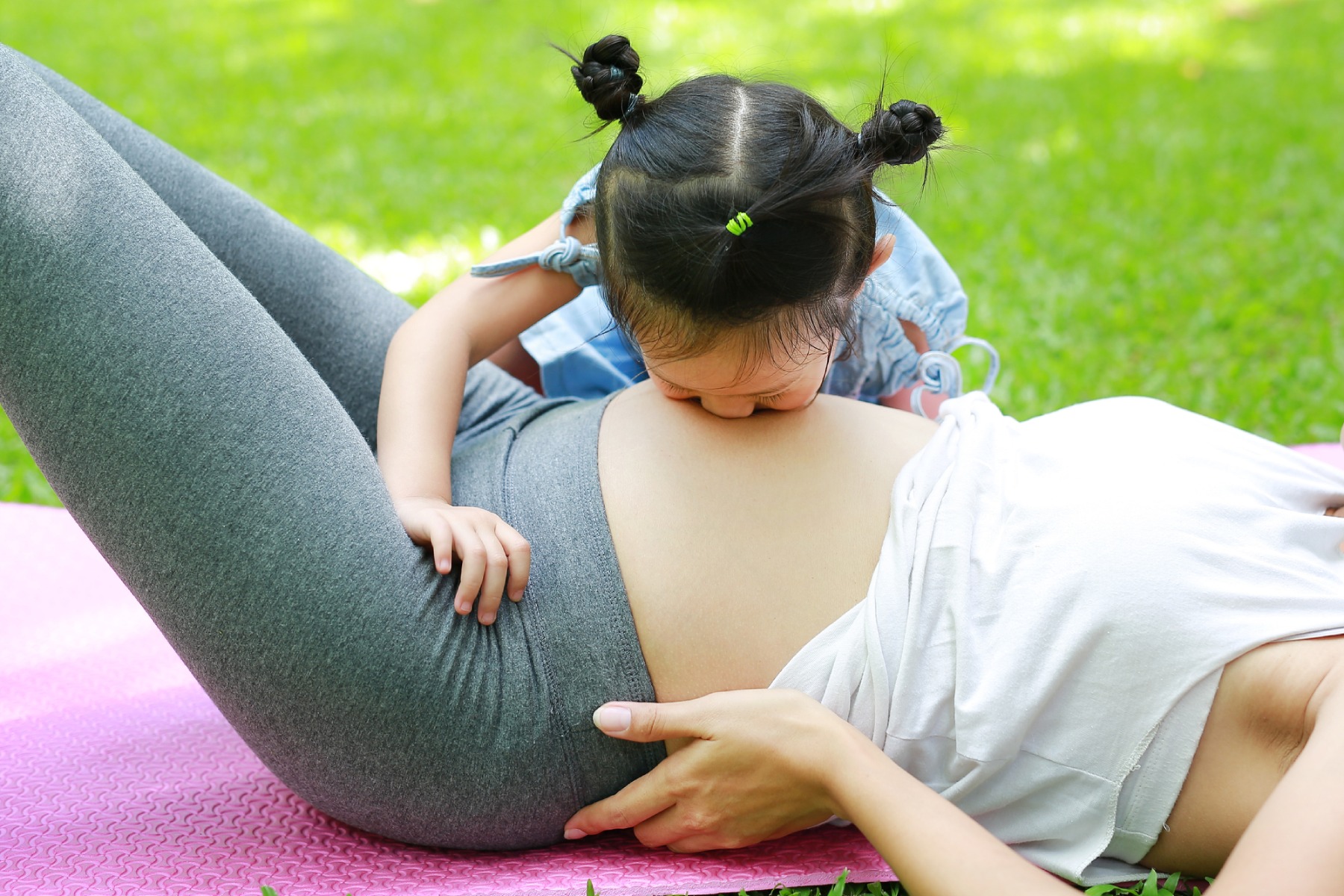
Moreover, Singapore has an exceptionally low infant mortality rate, which means that those who choose to give birth in the country can rest assured that they are in safe hands.
There is no midwifery-led care in Singapore, which means that all pregnancy care is provided by doctors and obstetricians. While the majority of births take place in either a public or private hospital, home birth is also a possibility.
That said, only about 0.25% of babies are born at home, although that number has been slowly but steadily rising since the turn of the 21st century. Notably, women who opt for home births will also need to find an obstetrician to accompany them.
Interestingly, Singapore has an unusually high rate of cesarean sections, with some estimates suggesting that as many as 40 to 45% of births in the Lion City take place this way. Although there are risks involved with elective c-sections, women in Singapore are increasingly opting for them.
Accessing maternity services
There are two options for maternity care in Singapore: public and private. While the country’s public healthcare system is open to everyone, it is important to keep costs in mind as there are different prices depending on your residential status. As a general rule, Singaporean citizens pay less, permanent residents pay more, and expats pay the most.
Notably, if you can pay, there is nothing to stop you from accessing public healthcare. And even if you don’t have insurance, the hospital or clinic will not turn you away. Some public hospitals also have facilities for private patients, which will allow you some choice when it comes to your obstetrician. However, if you enter a public hospital as a regular patient, you won’t be able to choose.
Insurance for maternity costs in Singapore
The Singaporean government has several different public health insurance programs. However, you won’t have any access to these as an expat and will need to have some form of private health insurance. While this isn’t a legal requirement by any means, it should be a priority for anyone moving to Singapore.
It is important to be aware that high-quality healthcare can be costly in Singapore, and therefore having a baby is often an expensive process. However, fortunately, many expats have insurance that is provided by their employers.
That said, insurance companies don’t tend to offer maternity care as part of their standard packages, so if you are planning on having a baby, be sure to read the fine print and check your policy carefully.
It is also important to carefully check clauses that explain exactly what is covered by your policy. For example, many insurance policies will only cover babies after they are 91 days old, which means that you will have to pay out of pocket for healthcare in the first three months.
Some of the more reputable health insurance providers that operate in Singapore include:
Fertility treatments in Singapore
The Singaporean government provides some grants for IVF treatments for Singaporean citizens under the age of 40. However, if you are not a citizen, you will have to foot the bill yourself.
Insurance policies rarely include fertility treatments, although you may be able to add it as an extra to a standard policy.
As well as IVF, egg freezing is available in Singapore. However, again, you will probably find that standard insurance does not cover the procedure, and you will likely have to pay for it yourself.
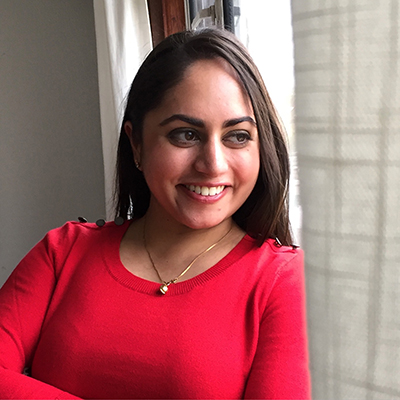
Local expert
Gayatri Bhaumik
Insider tip
No insurance in Singapore covers social (i.e. non-medical) egg-freezing, so you’ll likely need to pay out of pocket for this service.
In 2023, the Singaporean government took the unusual step of banning elective sperm freezing without a medical indication. This was based on the fact that there is insufficient evidence that male fertility reduces drastically after a certain age, deeming the service unnecessary.
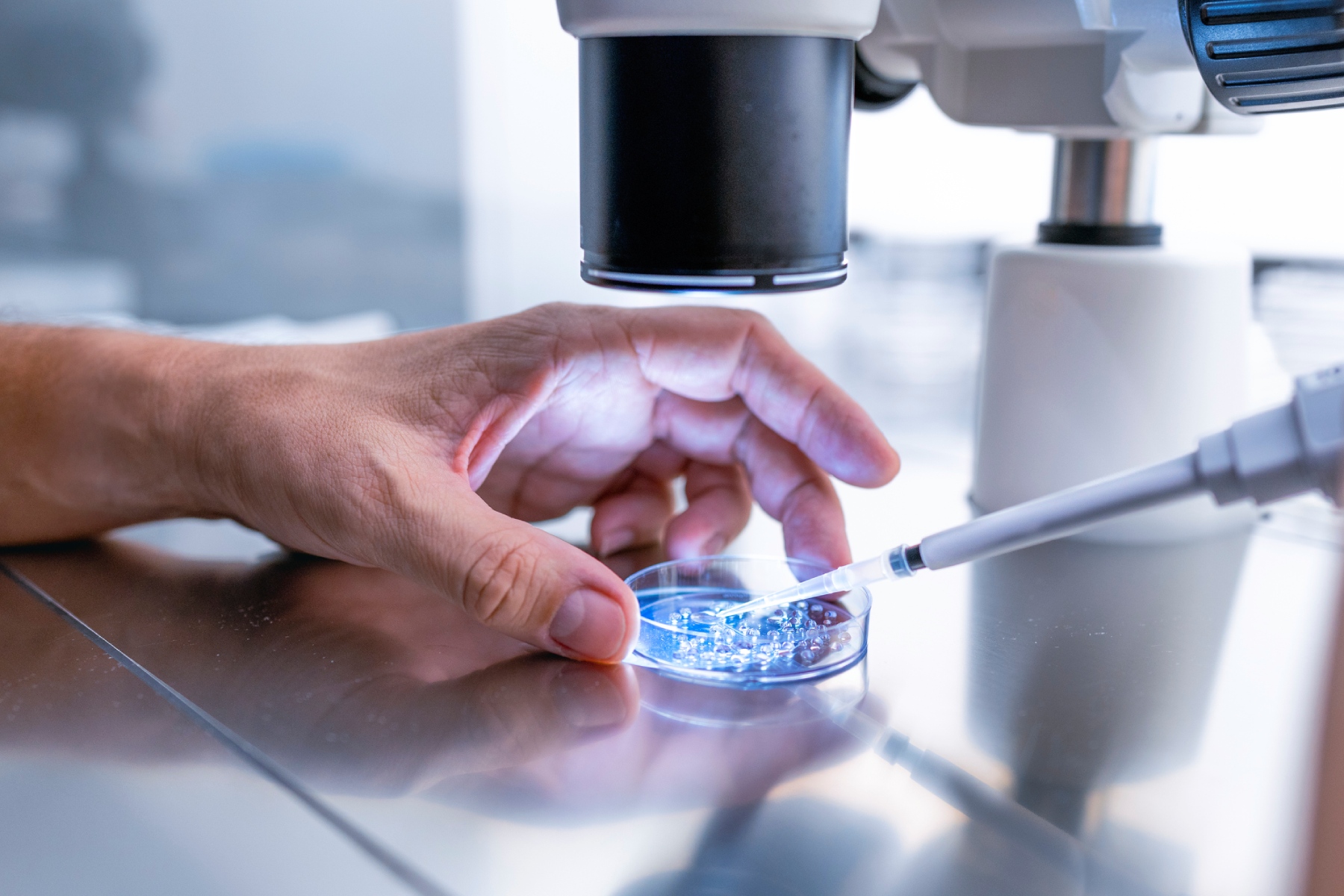
However, it is still possible to freeze your sperm in Singapore, but only if you have a medical reason for doing so. You will also need to be signed off by a doctor before you can start the process.
Surrogacy
All forms of surrogacy, whether paid or altruistic, are illegal in Singapore. However, there is nothing to stop a couple from Singapore from pursuing surrogacy abroad.
That said, they will need to go through the court system to legally adopt their child when they return to the Lion City. Illegitimate children also have fewer rights.
Notably, this is handled on a case-by-case basis, and some parents have been known to wait five years before they could adopt their children who were born through surrogacy overseas.
Pregnancy testing
You can buy an over-the-counter pregnancy test at pretty much any pharmacy in Singapore. They are also available in larger supermarkets. They usually cost between S$10 and S$15.
If you would like to have a clinical pregnancy test, you can make an appointment with a doctor or attend a polyclinic as a walk-in. As a rule of thumb, doctors advise that women wait six to eight weeks after their last period before having an appointment.
Pre-natal care in Singapore
Antenatal appointments
If you decide to use the public healthcare system for giving birth in Singapore, you should make your first antenatal appointment with a general practitioner. They will, in turn, refer you to an obstetrician to take care of you during your pregnancy. The downside of the public system is that you cannot choose them.
Going private, on the other hand, means that you can choose an obstetrician who suits you. In this case, you won’t need to wait for a referral and can go straight to the clinic of your choice.
You can expect to visit a clinic about 15 times during your pregnancy. Private clinics tend to cost between S$120 and S$300 per visit. Notably, many private clinics offer pregnancy packages to help reduce the costs.
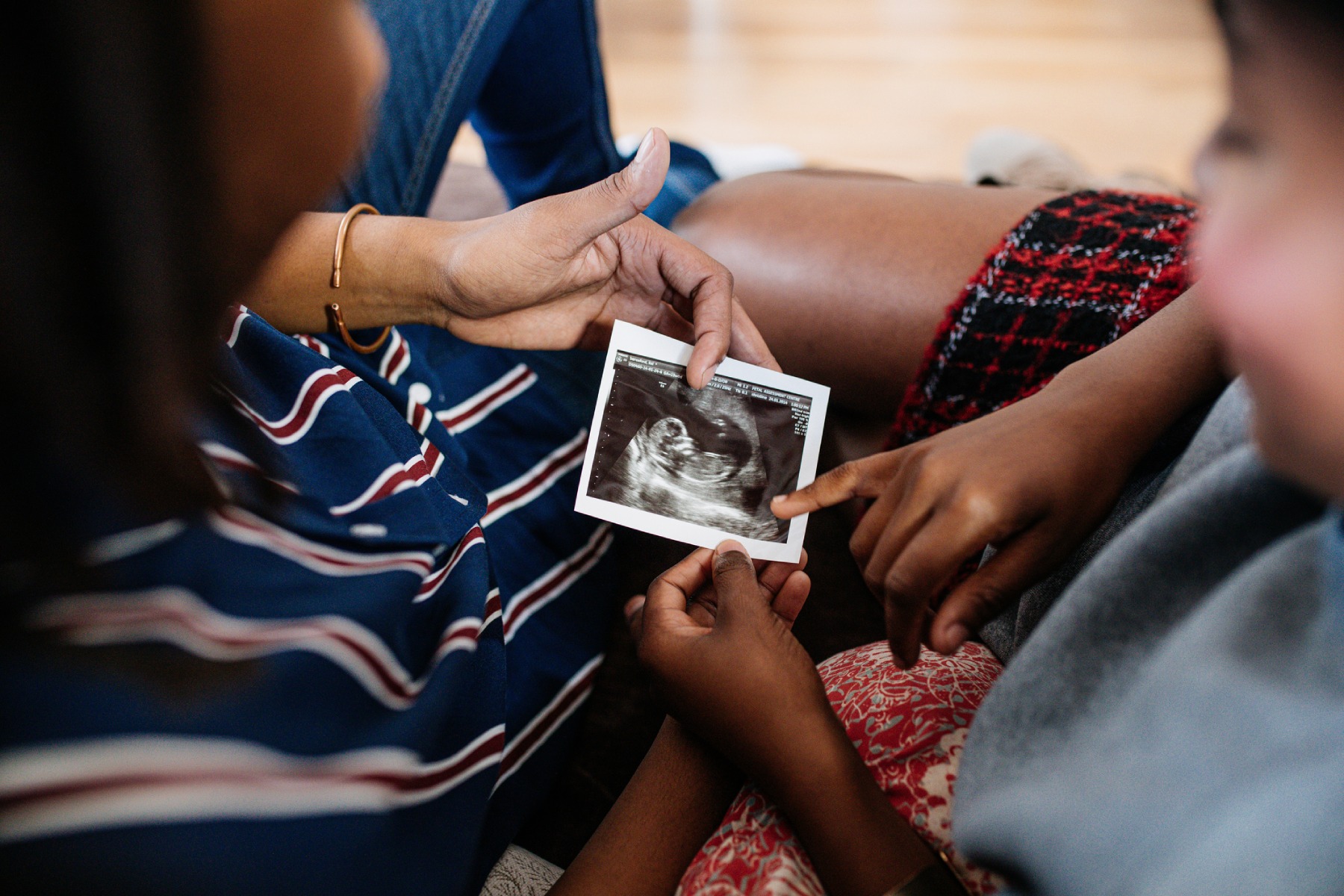
These include consultations, scans, and other prenatal care, as well as hospital care during and after your delivery. Singaporean citizens can use the government’s MediSave Maternity Package, but this is not available for expats.
These days, most government pregnancy information is available online. This means that your doctor may direct you to the resources at Health Hub, rather than issue you with a pregnancy booklet. This will help you to enjoy a healthy pregnancy.
Scans, tests, and checks
The Lion City has a world-class healthcare system, so it’s no surprise that pregnant women can expect to have a large number of scans and tests before giving birth in Singapore. These include blood tests, scans for various diseases and conditions, and ultrasounds to check progress, the baby’s sex, and more.
The first ultrasound scan is the dating scan, which usually takes place between six and 12 weeks. This will give you a clearer idea of your due date. After this, you can access a wealth of different scans and tests. Some may not be necessary, but it’s a good idea to speak with your doctor before making a decision, as every pregnancy is different.
Antenatal classes
Although antenatal classes are not compulsory, they are a great idea, especially if you are feeling nervous about your pregnancy. You will meet other soon-to-be parents in the same situation, and learn about nutrition, childbirth, and other essential matters.
The KKH Women’s and Children’s Hospital, which is the largest maternity hospital in Singapore, offers antenatal classes. These are available as either a one-day intensive course or a four-week evening program with one session a week. Notably, you can get a discount on fees if you have already purchased a pregnancy package at the hospital.
Some private clinics might also run their own antenatal classes. As a rule of thumb, they generally start in the second trimester.
Giving birth in Singapore
You have complete freedom to choose the hospital where you would like to give birth in Singapore. However, as always, costs can vary enormously.
You can use KKH’s calculator to estimate your costs in the public sector. To give you an idea, the cheapest beds, on a shared ward, will cost you under S$2,000, but there are usually extra fees involved.
If you would rather go private, however, you can expect to pay at least S$6,000 for a maternity package at a hospital like Mount Elizabeth. The most expensive packages will set you back S$14,000 or more and include perks such as a private terrace and butler service.
A basic maternity package usually covers standard delivery with an epidural. Cesarean sections are more expensive than standard delivery and also tend to involve a slightly longer stay in the hospital. You will usually need to spend three days in the hospital for a standard delivery with no complications, or four for a cesarean.
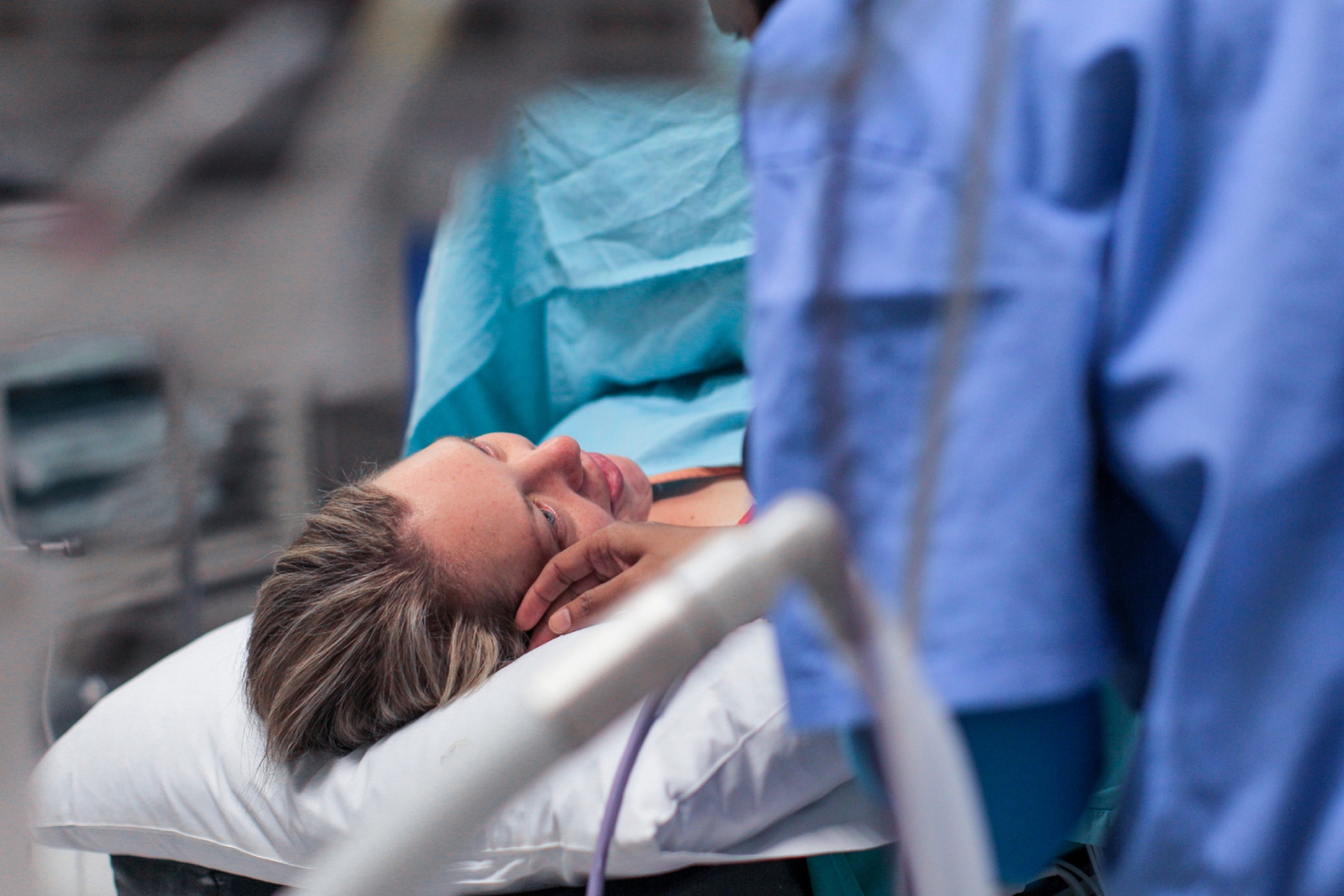
Whatever type of birth you choose, an obstetrician will deliver the baby. Some hospitals also allow a doula service, but you can expect the doula to act in a supportive capacity; she won’t actually deliver the child herself.
If you would like to have a water birth, you may need to shop around. Some hospitals offer this as an option, but it is not available everywhere. Similarly, if you want a home birth, you should prepare for it in advance by looking for an obstetrician who is willing to make house calls.
Post-natal care in Singapore
There are two types of post-natal care to consider after giving birth in Singapore: care for the baby and post-partum attention for the new mother.
When it comes to the former, the Ministry of Health has a Childhood Development Screening program. This includes vaccinations as well as check-ups to ensure that your baby is hitting the correct milestones for their age.
According to this program, you should take your baby to a doctor at four weeks, two months, three months, four months, five months, six months, 12 months, 15 months, 18 months, and 30 months, with a final check-up at 48 months. The check-ups involve monitoring physical growth, as well as personal-social skills, fine motor skills, gross motor skills, and language.
You will receive a Child Health Booklet when your baby is born. You should take this with you to every session with the doctor, as it contains your child’s unique records.
There is also specific care available during the immediate postpartum period. For instance, KKH offers advice for new mothers, including helplines and resources for those suffering from post-partum depression or anxiety.
The practice of post-partum confinement is still common in Singapore. Each of the country’s main ethnic communities (Chinese, Malay, and Indian) has its own confinement traditions. Many new mothers choose to spend between 30 and 44 days indoors, eating a specific diet, consuming large numbers of herbs, and following traditional guidelines to safeguard their health.
More than 90% of new mothers from these ethnic communities practice confinement. While some women do this in their own homes, there are also several confinement centers where they can recuperate in comfortable surroundings with the help of professional nannies. However, these can be extremely costly, with the most expensive centers setting you back more than S$20,000.
Vaccinations
If you are following the Ministry of Health’s Childhood Development Screening program, your child will receive their vaccinations when they go for their regular check-ups.
There are 12 essential vaccines for young children and Singapore does not allow parents to opt out of them. In fact, according to the Infectious Disease Act (IDA), refusing to vaccinate your child is a crime.
Notably, your child may be eligible for vaccination subsidies. Those who are Singaporean citizens or permanent residents can get reduced rates for vaccinations. However, if your child does not fall into either of these categories, you will need to pay the bill yourself.
Nurseries and childcare
Giving birth in Singapore is just the start of your new adventure, and you may need to consider childcare options to help you go back to work.
Most childcare centers in Singapore operate from Monday to Friday and take children over the age of 18 months. However, some also have infant care facilities and may accept babies as young as two months old.
Many families in Singapore prefer to go for private childcare, in the form of a nanny or amah (a Malay term, which roughly translates as mother’s helper). An amah will generally perform some cleaning and household duties as well as help with the children.
Both live-in care and part-time care are common in Singapore, and there are several agencies to help you find an amah. It is generally better to go through an agency. This is because many of these women are migrants from other Southeast Asian countries, and an agency will arrange the necessary paperwork for their visas, which can be a time-consuming process.
Breastfeeding
Breastfeeding rates in Singapore are extremely high, with around 97% of mothers feeding their babies this way. That said, exclusive breastfeeding is not that common.
Almost all maternity hospitals in Singapore have some form of breastfeeding guidance, and the Breastfeeding Mothers’ Support Group offers counseling and workshops.
Registering a birth in Singapore
You have 42 days to register your child after giving birth in Singapore. As of 2022, birth registrations no longer take place at Singapore’s maternity hospitals. Instead, new parents will need to register the birth online.
They will then receive a digital birth certificate, which they must download within 90 days. If you have a Singpass – the country’s national digital ID – you can use this to log onto Life SG to register the birth.
If your child is not a Singaporean citizen, you must apply for a passport from their country of nationality. You must also do this within 42 days of the child’s birth. However, you will only be able to do it after receiving the birth certificate.
Adoption in Singapore
Legally, only Singaporean citizens, permanent residents, and foreigners with a Singaporean spouse can adopt a child.
The Ministry of Social and Family Development (MSF) oversees adoptions. The process includes briefings and a comprehensive adoption suitability assessment.
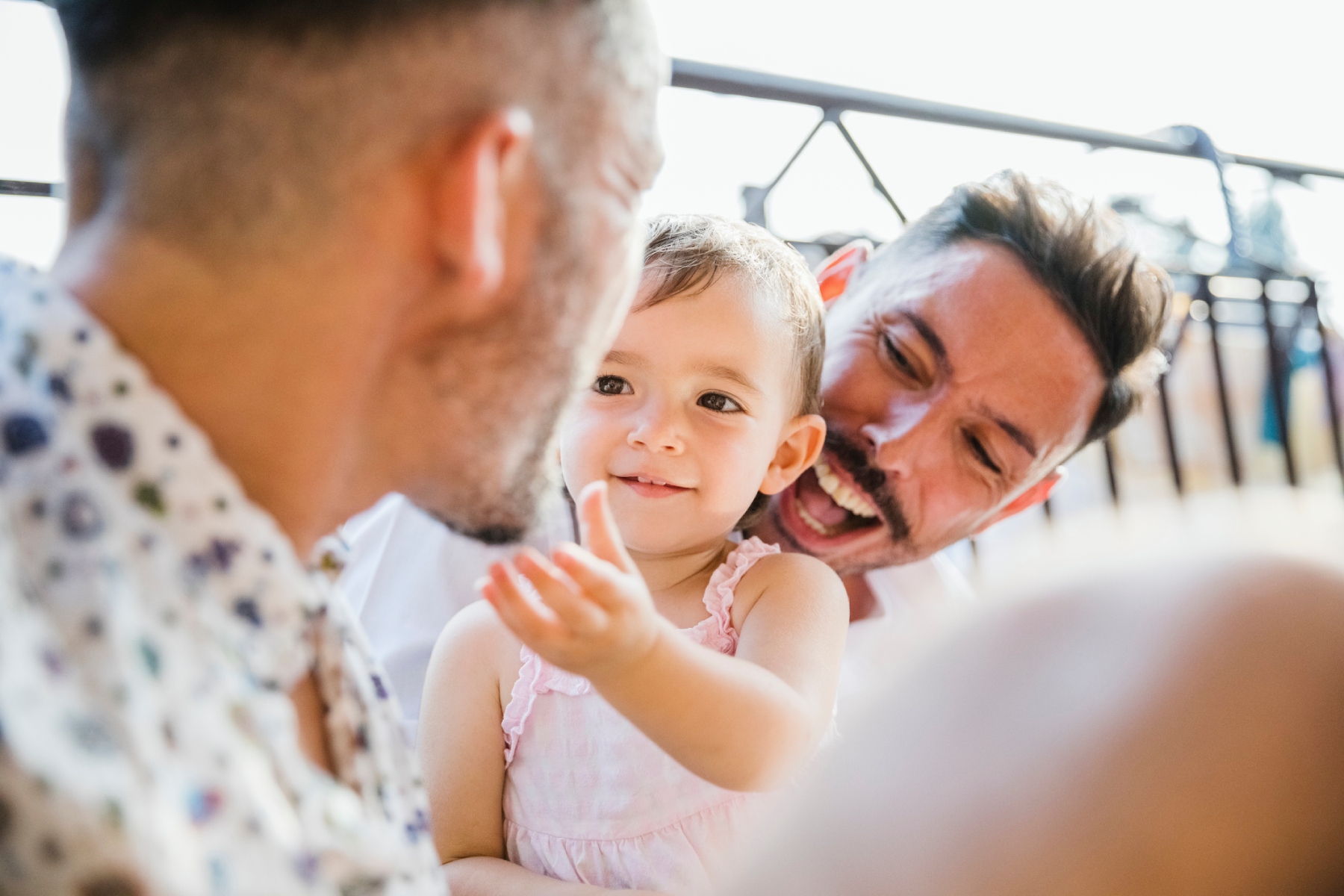
It is possible for expats living in Singapore to adopt children from another country. However, this is a complicated process that will require meeting the adoption requirements of that country, as well as obtaining an endorsement from your home country.
Non-residents, visitors, and tourists giving birth in Singapore
Giving birth in Singapore is possible for anyone, regardless of their immigration status. If you are a non-resident, you can go to either a public or private hospital. However, the government will not provide any subsidies or financial support.
As such, you will need to make sure your insurance policy covers you before you travel. You should read it carefully and if need be, look for insurance that will specifically cover pregnant travelers.
Will your child get Singapore citizenship?
Giving birth in Singapore doesn’t automatically grant your child Singaporean citizenship. At least one parent must be a citizen. Moreover, both parents must be legally married at the time of the baby’s birth.
If at least one parent is a permanent resident, and the parents are legally married, the baby will inherit this status. However, most expats don’t fall into this category.
If neither you nor your spouse is a permanent resident or citizen, you will need to apply for a dependent’s pass for your newborn. However, be sure to move quickly, as you have a limited timeframe to complete this process. You will need to get both a passport and a Singaporean immigration pass within 42 days of the child’s birth.
Parental leave in Singapore
Parental leave in Singapore depends on several different factors. You can check your circumstances on the Ministry of Manpower’s maternity leave or paternity leave pages.
To give a brief overview, new mothers can have 12 weeks or, if the child is a Singaporean citizen, 16 weeks off. As of 2024, fathers are entitled to four weeks of paternity leave, but only if their child is a Singaporean citizen.
Notably, a married man may be able to take some of his wife’s maternity leave under the shared parental leave program. However, again, this is only valid for parents of Singaporean citizens.
Payment also varies. For instance, mothers will receive their full salary for the first eight weeks, but only when they are giving birth in Singapore for the first or second time. The pay rate then drops sharply for a third pregnancy.
Notably, many private employers provide their own parental leave packages, particularly those that tend to employ expats.
Child benefits in Singapore
Child benefits in Singapore are quite generous but are only available for children who are Singaporean citizens.
The Baby Bonus Scheme offers a cash gift at birth, followed by payments into the Child Development Account (CDA), which is a special savings account for your new baby. Parents can continue paying into the CDA until their child turns 12. The government will also match their deposits up to an annual cap.
The CDA money can be used for things like education and medical expenses. If there is still money left in a child’s CDA after they turn 12, the government will automatically transfer it to their Post-Secondary Education Account, to be used to fund their education.
Useful resources
- Ministry of Manpower (MOM) – official information on maternity, paternity and shared parental leave
- Ministry of Social and Family Development (MSF) – official information on adoption
- Breastfeeding Mothers’ Support Group – the official website of the charity that provides information about breastfeeding in Singapore
- Made for Families – a government initiative that offers programs to help couples get married and start and raise their families in Singapore
- Parent Hub – a one-stop pregnancy and parenting platform that provides health information such as nutrition, exercise, mental health, and self-care practices
- Healthhub – information about post postpartum confinement practices
- Healthhub – tips and advice for a healthy pregnancy


